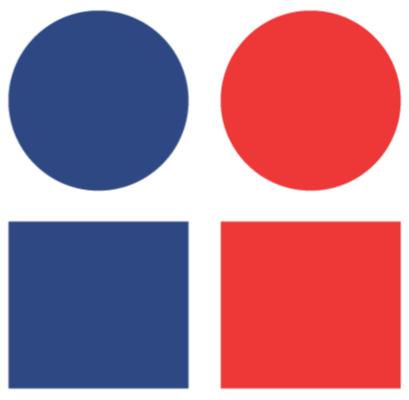Staying motivated in online classrooms: strategies to maintain motivation in the education journey
March 14, 2024A guide for students and teachers how to remain engaged and persistent in virtual classrooms in the digital era
Continue reading

YouLearnt Blog
November 23, 2024

A guide for students and teachers how to remain engaged and persistent in virtual classrooms in the digital era
Continue readingDiscover how teachers can ensure effective online learning environment with confidence and innovation
Continue readingExploring how e-learning platforms have evolved, and the innovative features that are driving progress in online education
Continue readingDiscussing challenges of virtual classrooms and solutions teachers need to adapt in their teaching methods
Continue readingSimple, realistic strategies for healthy screen habits.
Continue readingStrategies to improve teamwork and reduce group stress.
Continue readingHow understanding yourself builds resilience.
Continue readingHow play builds essential skills for early childhood learning and development
Continue reading